Birth of UN Leader U Thant
U Thant was born in Pantanaw, British Burma, on January 22, 1909.
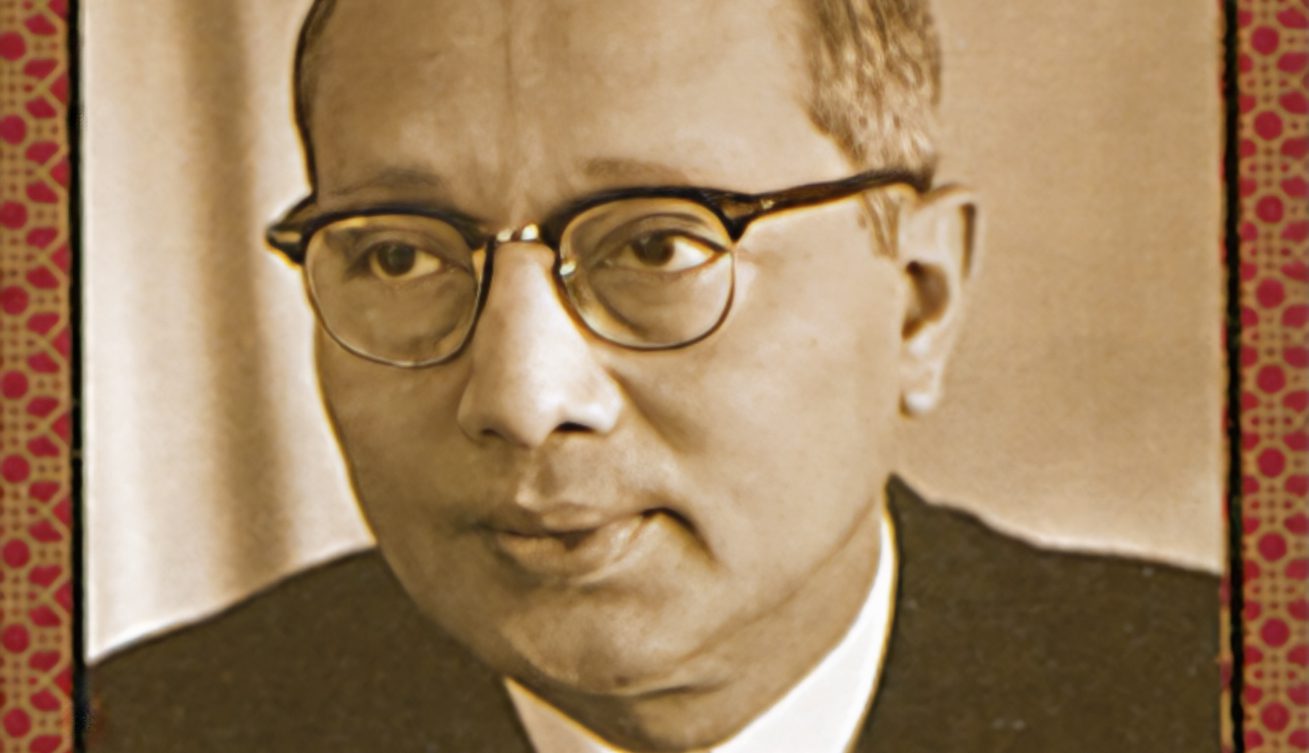
U Thant was born in Pantanaw, British Burma, on January 22, 1909.

On December 18, 1892, Tchaikovsky’s The Nutcracker premiered in Saint Petersburg, Russia. Despite initial poor reviews, today it’s a holiday staple for millions.
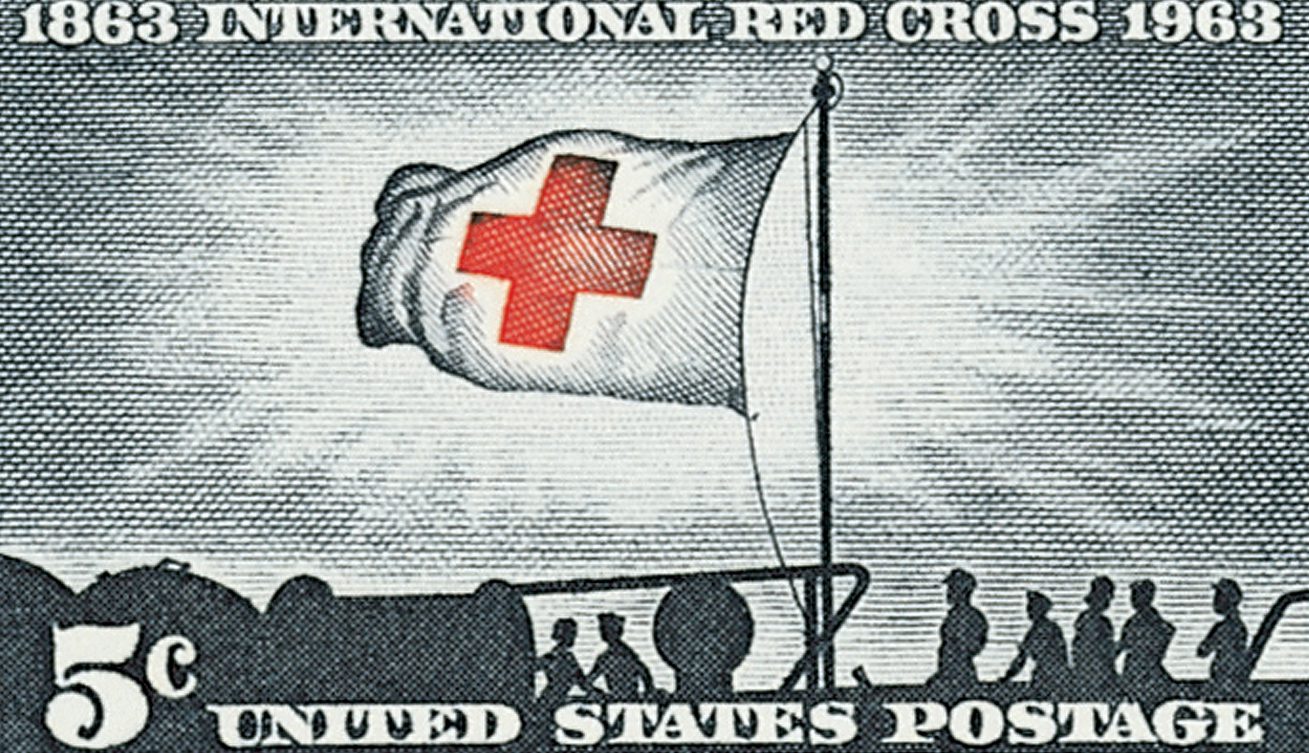
On October 29, 1863, representatives from around the world joined together to establish the International Red Cross. It’s the oldest and one of the most well-recognized humanitarian organizations in the world.
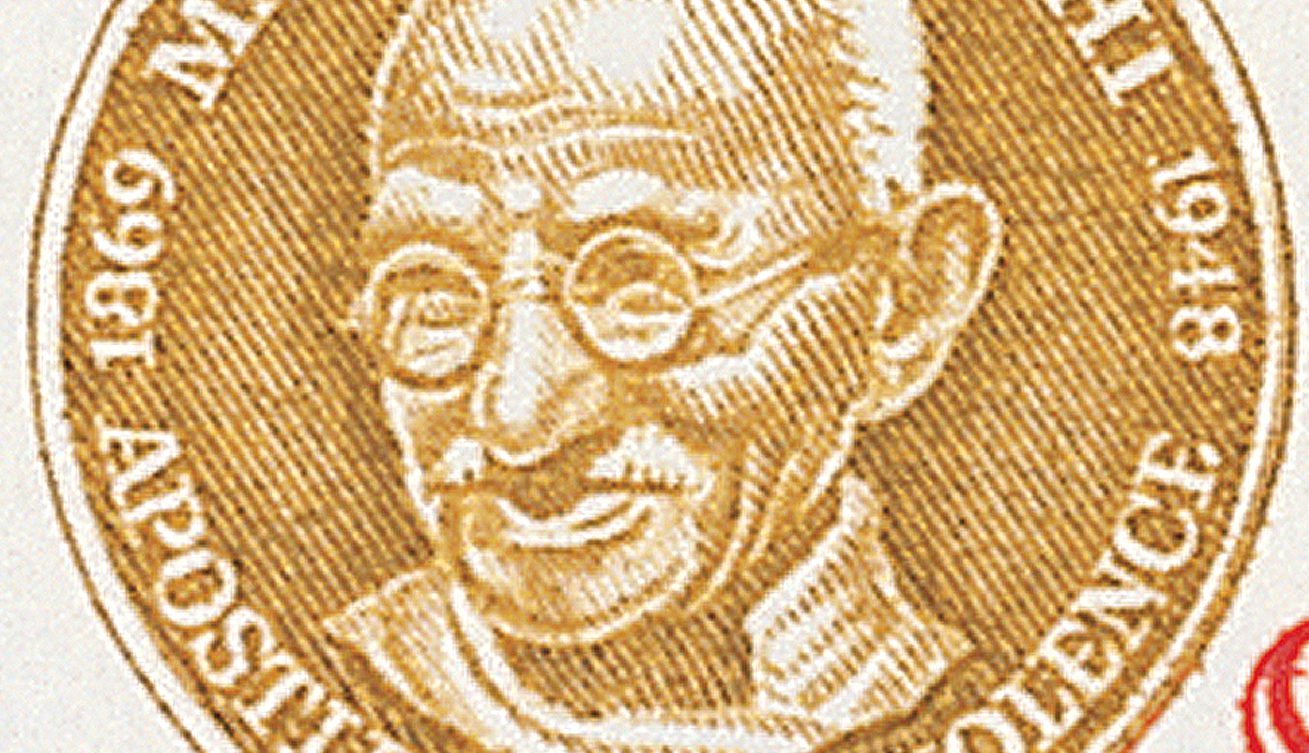
Mohandas Karamchand Gandhi was born on October 2, 1869, in Porbandar, India. Gandhi is known worldwide for his peaceful protests and campaign that finally earned India its independence from British rule.

Hungarian lawyer, statesman, and Governor-President Lajos Kossuth was born on September 19, 1802, in Monok, Kingdom of Hungary. Working for the independence of Hungary from the Austro-Hungarian Monarchy, he gained international acclaim and respect as a freedom fighter.

The “Supreme Poet” Dante Alighieri is believed to have died on September 14, 1321. His Divine Comedy is considered one of the most important poems of the Middle Ages and the Italian language.
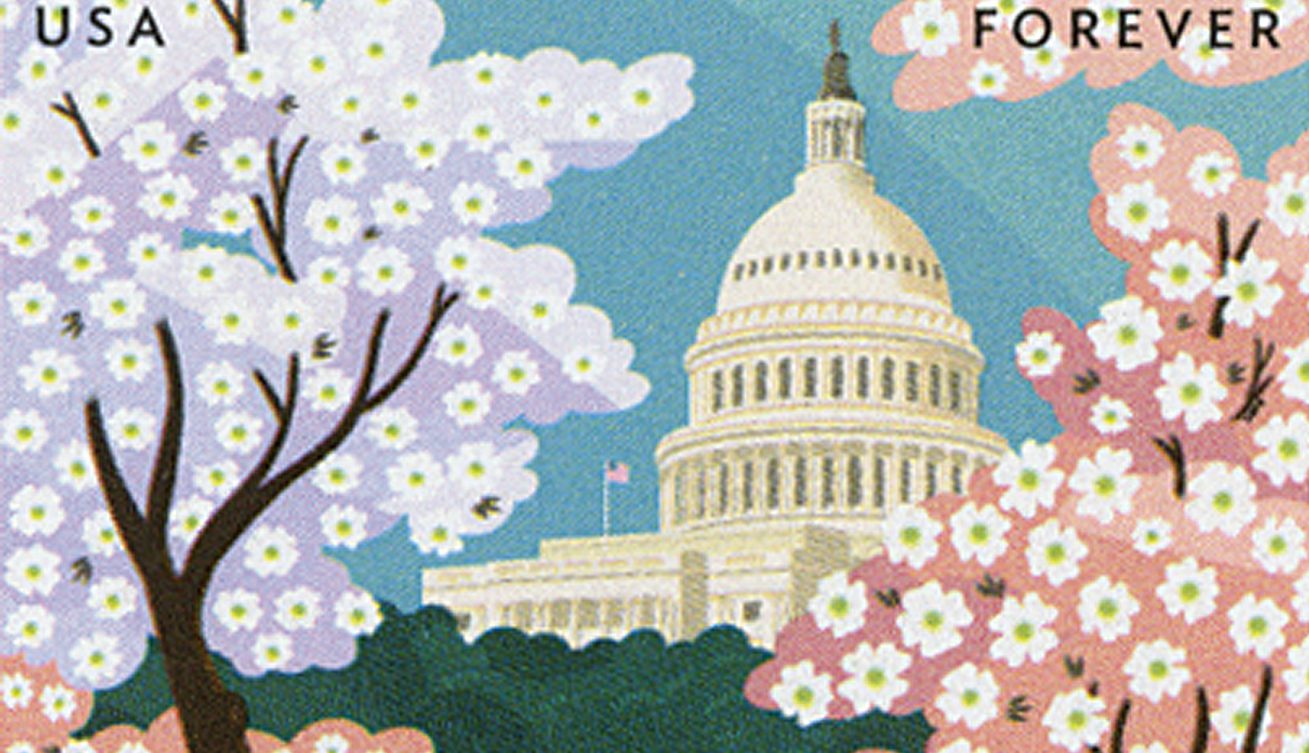
On September 5, 1905, President Theodore Roosevelt mediated the Treaty of Portsmouth, ending the Russo-Japanese War. It earned him a Nobel Prize and began a long-standing tree-giving tradition between the US and Japan.
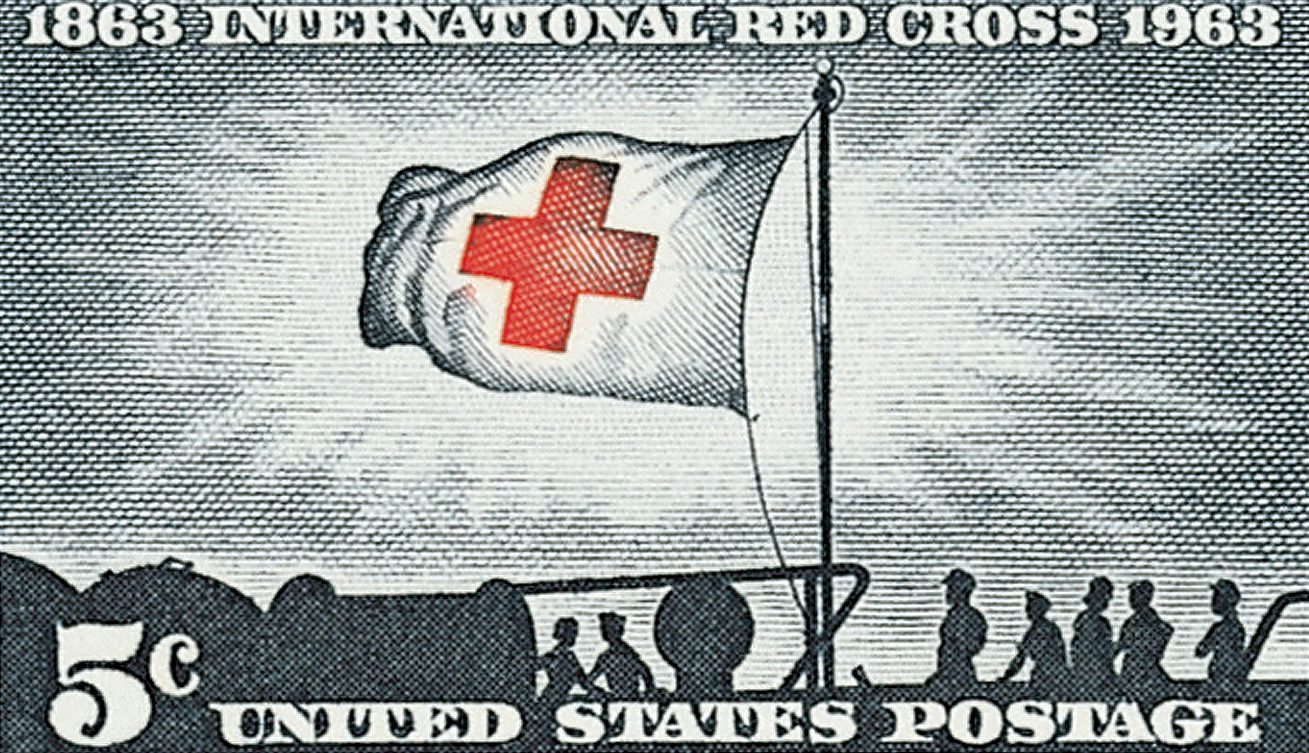
On August 22, 1864, twelve nations signed the first Geneva Convention for the Amelioration of the Condition of the Wounded in Armies in the Field. This convention and subsequent treaties and protocols established the legal standard for humanitarian treatment in times of war.

On August 16, 1916, the US and Canada signed the first Migratory Bird Treaty to protect the birds that live in both nations. Several programs came out of this agreement that has helped to save hundreds of species of migratory birds.